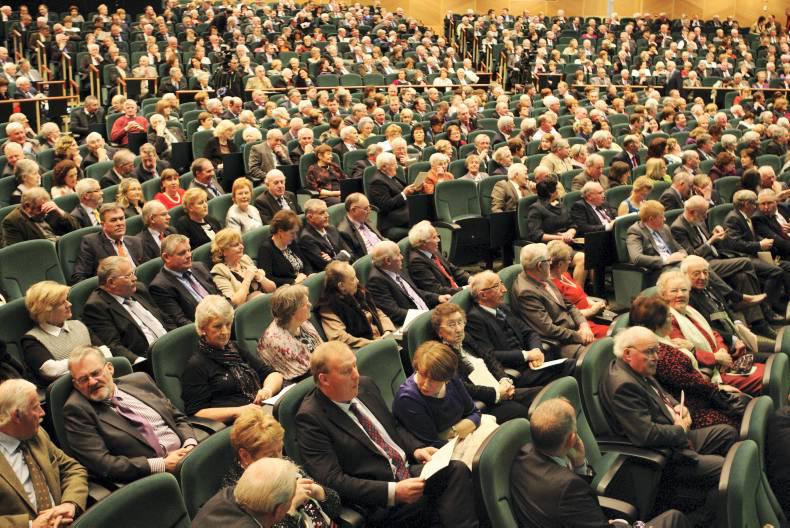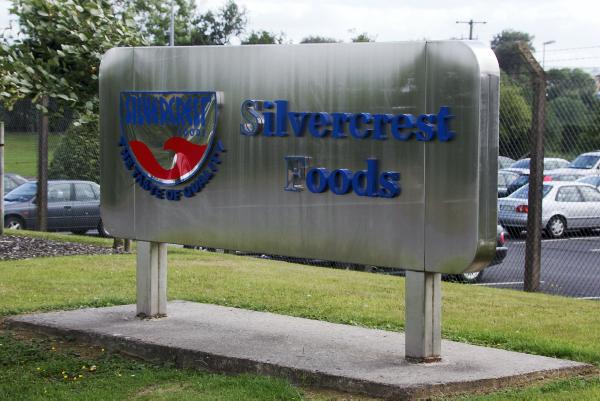The IFA executive council took the first step in regaining the confidence of its membership on Tuesday. The decision to push ahead with the necessary rule changes to facilitate a full election in April finally sees the organisation’s governing body providing much-needed leadership – something that has been in short supply since the organisation was engulfed in controversy last November.
Whether or not the board standing down and seeking re-election was in the long-term interests of the organisation had become irrelevant. The lack of leadership over the past eight weeks had seen the council lose control of its membership. Therefore, a decision that would appease an increasingly vocal group of dissenting members became more important.
The question is: did this decision come at the expense of the silent majority that wanted the board to remain in place and get on with the job of reforming the organisation?
It is interesting to note how quickly rule changes can be facilitated at this point in the crisis. Had the same haste been shown to provide the necessary flexibility to deal with Con Lucey’s concerns or in electing a caretaker president on the night Eddie Downey resigned, would the same damage have been done to the organisation?
Questions have to be asked as to the level of advice, direction and support given to the board members and executive council by senior executives in the organisation since this crisis began.
It is disappointing to see how the working relationship and trust between elected representatives and senior executives broke down at a time when unity at the top was never more important. Rebuilding this bridge must be the top priority for any incoming president and chief executive if the organisation is to be effective into the future.
Meanwhile, given the level of anger among grassroots members, there is no guarantee that the agreement reached on Tuesday night will be accepted. Prior to Tuesday’s meeting, there were indications that only the full resignation of the board would be accepted.
However, the executive council has finally fulfilled its remit as the governing body of the organisation and made a decision. It now needs to defend this decision over the next 28 days. There can be no more hiding behind motions.
County chairs have put themselves in the spotlight. If county executives refuse to accept what has been agreed, then their issue is with the ability of their chairs to adequately represent them on the council. With the majority of county chairs seeking re-election in the coming months, there is a clear mechanism in place to address any concern in this regard.
While the organisation is now firmly in election mode, it is important that this does not distract from the need to answer outstanding questions.
Farmers want total clarity and for many the Con Lucey report stops far short of delivering this. The answers to outstanding questions on when remuneration scales were escalated, practices relating to the pension fund and the inter-relationship between the IFA and FBD entities must not be drip-fed over the course of the election. These issues, along with levels of remuneration for the incoming president and deputy president, should be dealt with in advance of county debates taking place.
The executive council must now ensure the necessary information is provided to the membership to ensure that the election is focused on policy issues that will deliver for farmers as opposed to the internal politics of the organisation.










SHARING OPTIONS